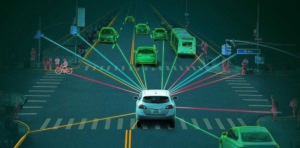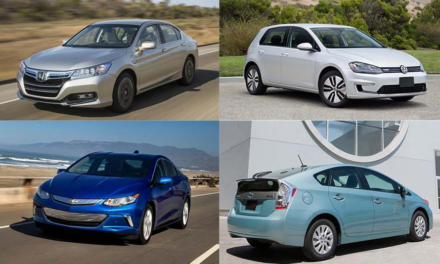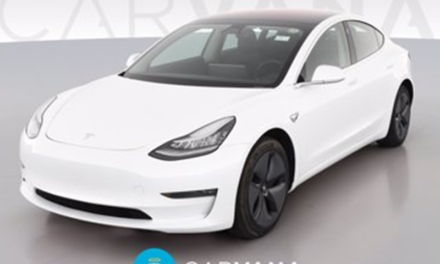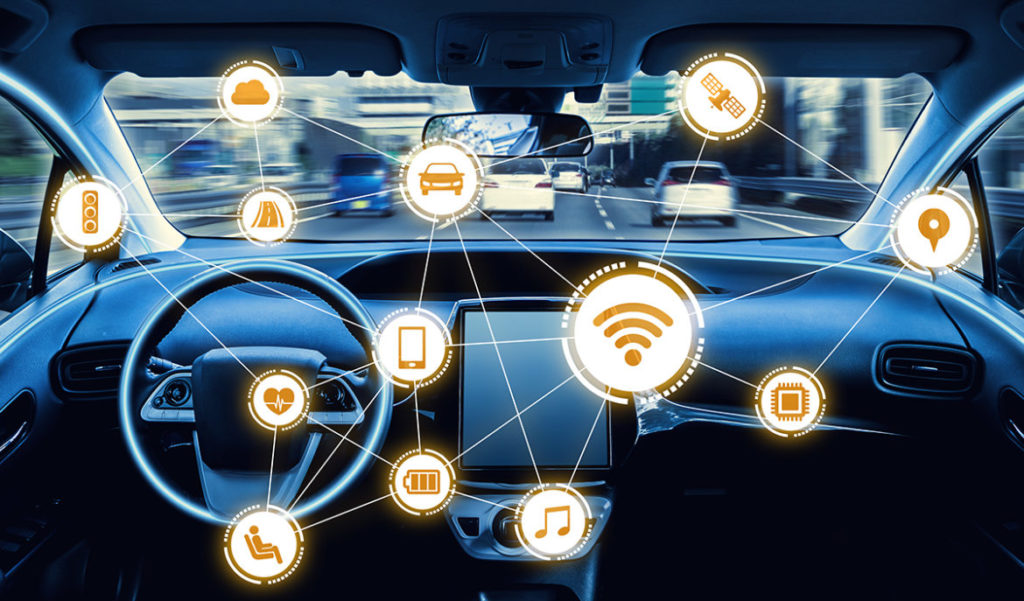
For carmakers, artificial intelligence has enormous potential to improve their bottom lines. As carmakers become more accustomed to collecting increasingly detailed data on driving habits and parts, they will be able to utilize this data to make better decisions. AI will also help automakers use machine learning to develop flexible demand planning strategies that will maximize cost reduction. In fact, the use of AI in cars is already becoming the norm. Here are some ways AI can improve automotive production.
First, the cars will use AI to analyze audio data, a key part of the automaking process. The car’s system can also filter out background noise. The number of sensors providing real-time data is so large that AI may become overwhelmed. This means that AI will be implemented in multiple electronic control units and a central unit. This will enable automakers to monitor the health of their vehicles. Ultimately, this new technology will make the roads safer.
Second, AI systems will provide better route recommendations. The AI system will learn from vast amounts of data, including speed along a route, to create predictive models and provide accurate trip information. In addition, the system will help drivers avoid road construction, accidents, and other hazards. Finally, AI will help drivers avoid traffic jams and road works. This technology is known as machine learning, and it will help cars navigate through congested areas.
Third, AI will improve car maintenance by making it easier for car companies to order service. It will also free up their workforce for other tasks. For example, with the help of artificial intelligence, automakers will be able to predict when their vehicles will need to be repaired and when. They will be able to save money and make more efficient decisions. Additionally, AI will be able to predict when car parts will need to be replaced.
Despite the challenges, AI is now used to improve the safety of cars on the road. Manufacturers are working toward achieving autonomy with smaller steps, like installing self-driving systems in cars. The technology has also made self-driving cars possible, though the reality is far more complicated. The biggest hurdles, however, are related to the AI itself. This is the reason why automakers are making progress slowly.
In the long run, autonomous vehicles will be the most popular type of self-driving vehicles, but they will also benefit from other aspects of AI. Computer vision, for example, can improve a car’s performance. Similarly, machine learning can process audio data. For the future, artificial intelligence can help car owners avoid road accidents. In the meantime, it can also improve a car’s ability to read signs and detect defects.
In the short term, AI can improve safety by reducing the number of collisions. With this technology, a car can avoid an accident by detecting and responding to various warning signals. With this technology, the car can even predict the location of other vehicles. In addition, AI can improve driver performance and predict the behavior of pedestrians. In the long term, it will drive itself to the goal of safety. The goal is to achieve complete self-driving capabilities.
While addressing the AI challenges, it is critical to focus on implementing AI solutions that are transparent and understandable. For instance, machine learning algorithms can be used to analyze audio recordings and help car owners decide if the car is safe or not. In the longer term, it will also be possible to detect defects and improve safety. But the auto industry still faces many challenges, including the need for a human behind the wheel. There are a variety of other areas where AI can help.
Developing an AI co-pilot is crucial to enhancing the confidence of users. These algorithms analyze data feeds from various sensors, including speed and the direction of the road. With such a powerful AI, the car can be regulated more effectively to the needs of its owners. While it is a challenging task, it does not have to be. It is possible to build an AI co-pilot in a car. These systems require enormous processing power and need to learn a lot about external factors.










RECENT COMMENTS